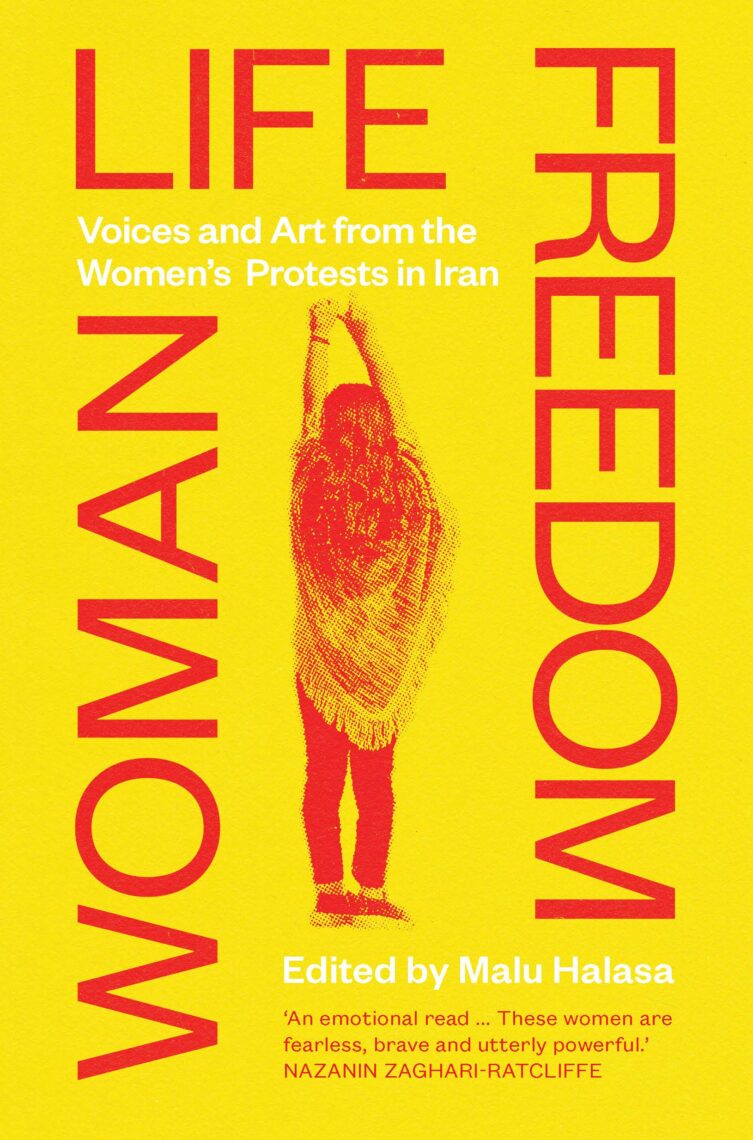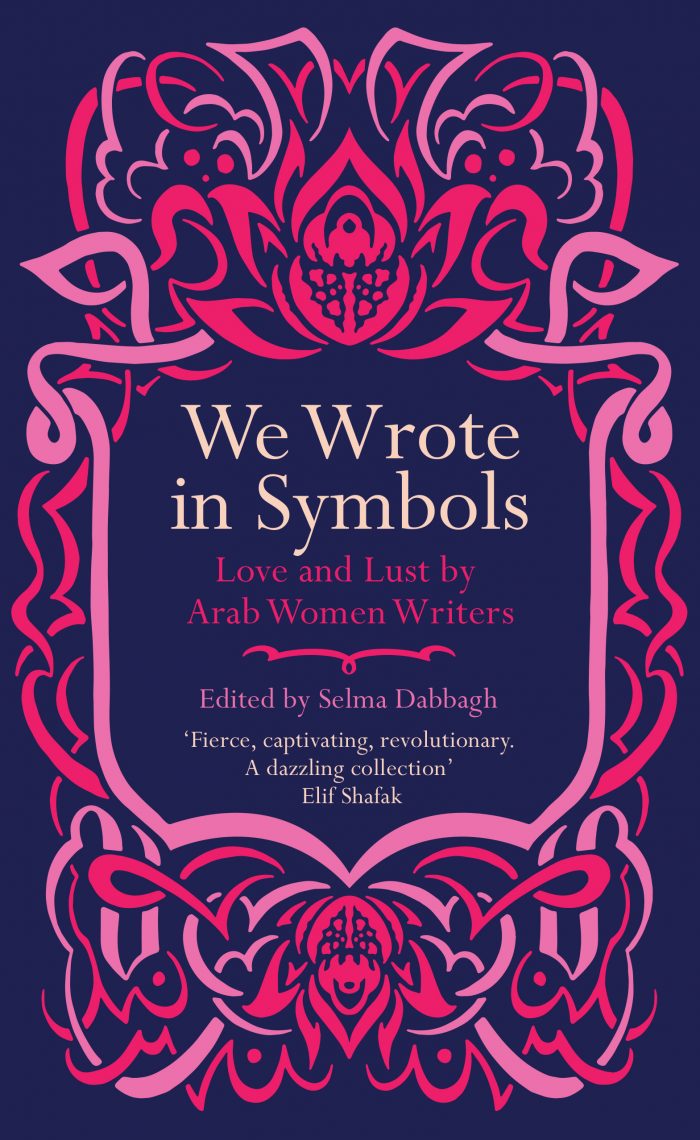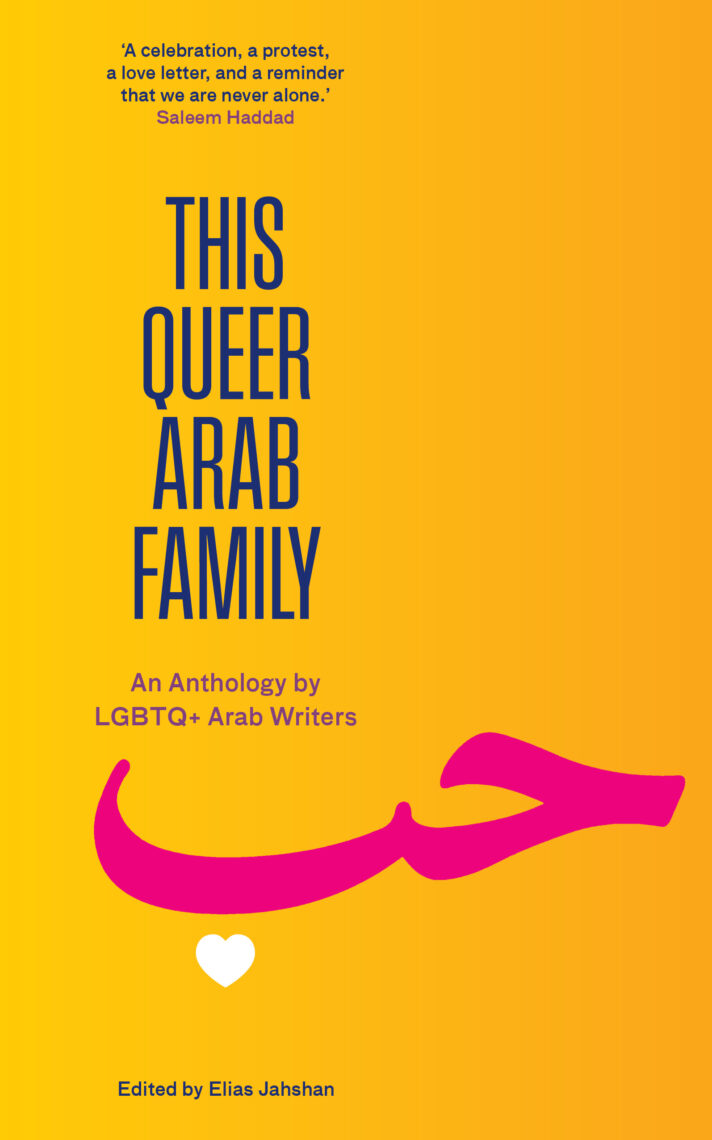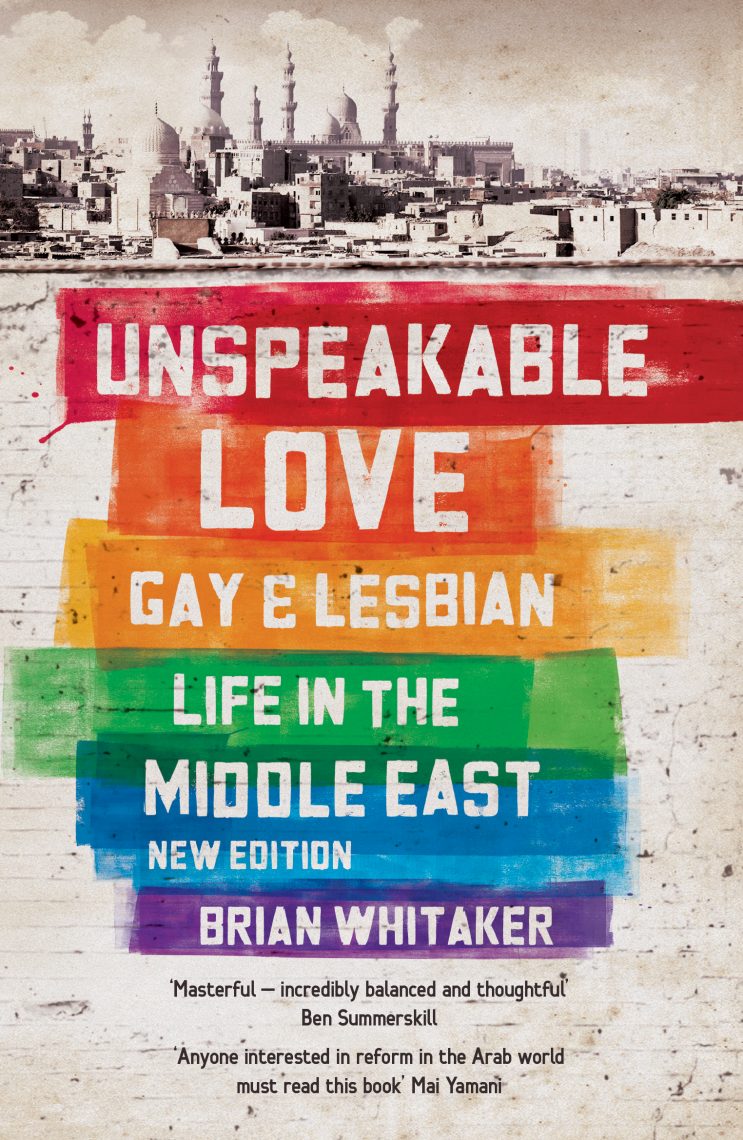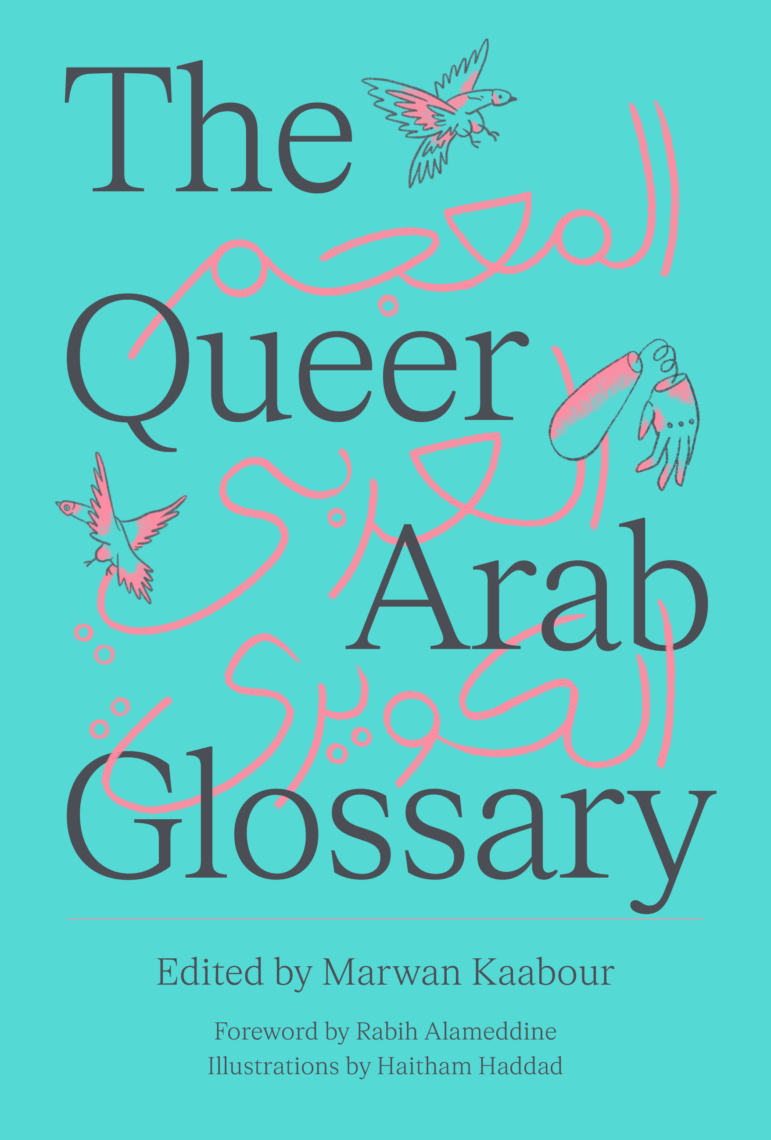
The Queer Arab Glossary
Marwan Kaabour
Foreword by Rabih Alameddine
About the Book
When conventional language does not equip us with the tools to speak about ourselves, we create our own. Slang expresses words and feelings that break down boundaries. It is a form of protest and fills in the gaps.
The Queer Arab Glossary is the first published collection of Arabic LGBTQ+ slang. This bold guide captures the lexicon of the queer Arab community in all its differences, quirks and felicities. Featuring fascinating facts and anecdotes, it contains more than 300 terms in both English and Arabic, ranging from the humorous to the harrowing, serious to tongue-in-cheek, pejorative to endearing. Here, leading queer Arab artists, academics, activists and writers offer insightful essays situating this groundbreaking glossary in a modern social and political context.
With beautiful, witty illustrations, The Queer Arab Glossary is a powerful response to pervasive myths and stereotypes around sexuality and an invitation to take a journey into queerness throughout the Arab world.
Contributors include Saqer Almarri, Nisrine Chaer, Sophie Chamas, Rana Issa, Adam HajYahia, Suneela Mubayi, Mejdulene Bernard Shomali, Hamed Sinno and Abdellah Taïa.
The Queer Arab Glossary was made possible with the generous support of the Arab Fund for Arts and Culture – AFAC, Mophradat, Bashar Assaf and Mohammed Fakhro.
About the Author
Marwan Kaabour is a graphic designer, artist and writer, and the founder of Takweer – an online archive of queer narratives in Arab history and popular culture. His interdisciplinary practice builds pathways between communication and publication design, curation, pedagogy and political activism. Alongside his independent projects, Kaabour works with non-profit institutions, companies and individuals in the art and culture sector, such as the V&A, Art Basel, National Gallery, Serpentine Galleries, Hayward Gallery and Banksy. He designed the much-celebrated Rihanna book, a Time magazine Best Photo Book of 2019. Kaabour was born in Beirut and currently lives and works in London.
Reviews
‘The spicy guide to queer Arab slang ... The Queer Arab Glossary [is] a playfully illustrated compendium of words from the affectionate to the derogatory.’ The Guardian
'A little masterpiece.' Owen Jones
‘The Queer Arab Glossary brilliantly brings together Arab LGBTQ+ slang, drawing on words from the past and present to create the queer language of the Arab region.’ L'Orient Le Jour
'Language reflects and creates reality and Marwan Kaabour’s revolutionary volume insists on and makes possible a future rooted in the recognition of continuous histories.' Sarah Schulman
'Insightful, hilarious, sassy and deeply expansive.' Dan Glass
‘The Queer Arab Glossary conjures community, resilience, and breathing space in the form of a book. As a project and offering rooted in archival care and memory work it remains refreshingly committed to laying bricks towards a future of recognition and emancipation. The Queer Arab Glossary is but a beginning, but one that is brimming with aliveness and possibility.’ AnOther Magazine
‘Marwan Kaabour has shown deft editorial skill in assembling this provocative and cheekily illustrated collection.’ Arab Digest
'Playful, illuminating, and full of heart, The Queer Arab Glossary is a treasure chest that puts on record a vital part of our queer history. An invaluable time capsule of who and how we are.' Saleem Haddad
‘This gloriously confident book will be an eye-opening, often unashamedly sexual, revelation and education to most … It’s a rare blessing that The Queer Arab Glossary manages to capture a slang consciousness that otherwise might have slipped by.’ The Bookseller
'Playful, sexy, fearless … a must read. A dissenting homage to the sexiness and seriousness of queer Arab Life.' Amelia Abraham
'The Queer Arab Glossary is a snapshot of the linguistic landscape around queerness in the Arabic-speaking world without sanitising its history. It is not a definitive glossary, but a conversation starter, encouraging others to build upon it and continue documenting queer culture.' Dua Lipa's Service95
‘Powerful … [Kaabour] brings under the spotlight a rich tapestry of spoken Arabic queer words in many of its dialects and vernaculars … It deserves a much wider audience than queer Arabs as a first step in slang Arabic and an ode to queerness in the Arab world.’ The Markaz Review
'Kaabour has curated a necessary intervention in understanding queer Arabness on our own terms.' Them
'The Queer Arab Glossary is, first and foremost, an act of presence. In a world that often paints Arab societies with a broad brush of conservatism, this book insists that queerness has always existed, painfully and joyfully, in Arabic-speaking worlds …' Translator

